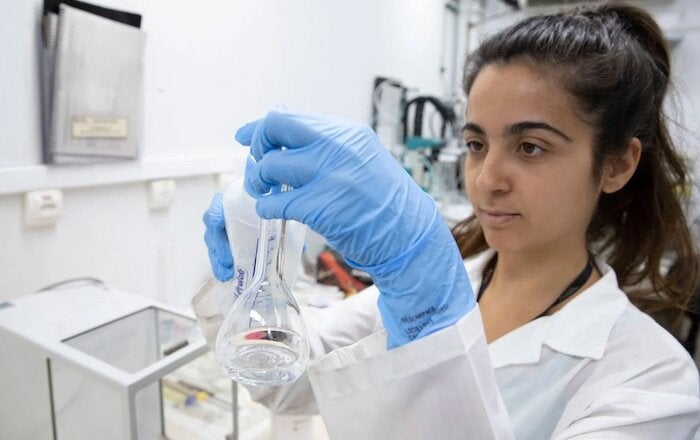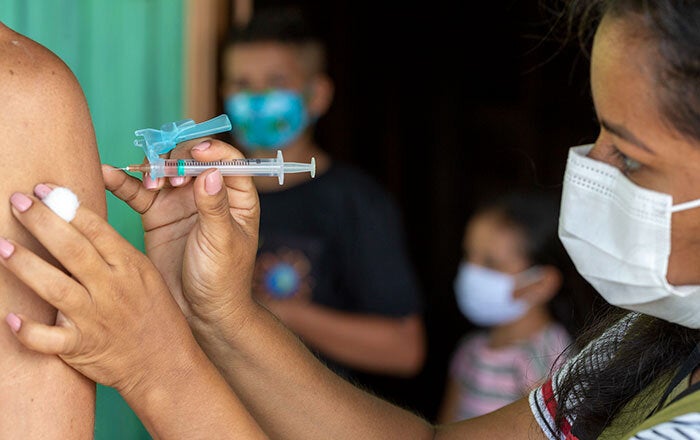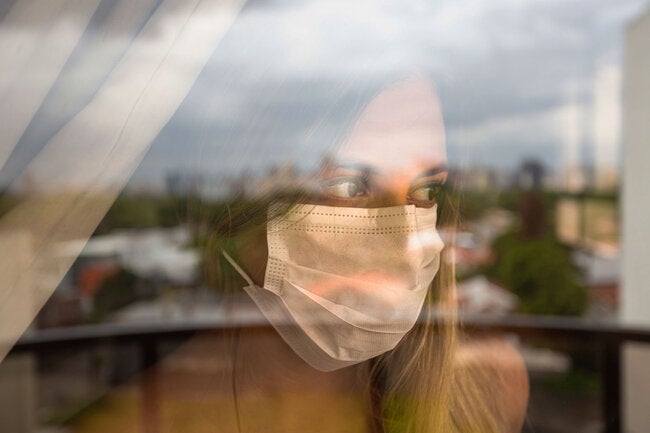My vision for the Americas is of a society free from inequality where everyone, particularly the most vulnerable and disadvantaged people, can lead healthy, meaningful and productive lives."
Dr. Carissa F. Etienne, a native of Dominica, began her five-year term as Director of the Pan American Health Organization, Regional Office for the Americas of the World Health Organization (PAHO/WHO) in February 2013. She was elected for a second term as the Director of the Pan American Sanitary Bureau on 27 September 2017, during the 29th Pan American Sanitary Conference.
Under her dynamic leadership and strategic guidance, the Organization achieved some noteworthy milestones during the past five years. Some of these can be briefly summarized as follows:
- PAHO successfully led preparedness and response efforts to the Zika and chikungunya epidemics in the Region as well as to the cholera and yellow fever outbreaks in Haiti and Brazil, respectively, while significantly improving the Organization’s response to all declared emergencies and disasters in the Region to within 48 hours.
- The Americas was the first WHO Region to successfully eliminate the endemic transmission of measles, rubella, and congenital rubella syndrome. The Region also eliminated onchocerciasis in four of six endemic countries, trachoma in one country, and a number of countries are close to malaria elimination certification. Of historic note, seven countries and territories in the Region achieved dual elimination of mother-to-child transmission of HIV and congenital syphilis.
- Efforts to prevent and control the chronic non-communicable diseases through legislative and regulatory mechanisms gained considerable traction as more countries have enacted legislation on the labelling of food products, while others have introduced taxes on sugar-sweetened beverages at the national level. Advances have been made in the strengthening of national health systems and services and in the progress toward universal health. Deliveries by skilled birth attendants increased from 95% to nearly 100% and, for the first time, the Region of the Americas reached the recommended target of 25 physicians and nurses per 10,000 people. Twenty-five countries now have comprehensive financing strategies for universal health coverage. Moreover, 41 countries and territories currently participate in the PAHO Revolving Fund, enabling them to procure high-quality life-saving vaccines and related products at the lowest price, and 30 countries utilize the Strategic Fund, which facilitates pooled procurement of essential medicines and strategic public health supplies.
From March 2008 to November 2012, Dr. Etienne served as Assistant Director-General for Health Systems and Services at the World Health Organization in Geneva, Switzerland. Prior to that, as Assistant Director of the Pan American Sanitary Bureau from July 2003 to February 2008, she led five technical areas: Health Systems and Services; Technology, Health Care, and Research; Health Surveillance and Disease Management; Family and Community Health; and Sustainable Development and Environmental Health.
During her tenure at both WHO and PAHO, Dr. Etienne led the efforts to renew primary health care and to strengthen health systems based on primary health care, promoting integration and improved functioning of health systems. She has also spearheaded policy directions for reducing health inequalities and advancing health for all through universal coverage, people-centered care, the integration of health into broader public policies, and inclusive and participatory health leadership.
The World Health Report 2010 – Health systems financing: the path to universal coverage was produced under the direction of Dr. Etienne and WHO’s Deputy Director-General. The report is globally recognized for providing an agenda for action by countries at all stages of development to move more quickly and in a sustainable manner towards universal coverage, while proposing ways in which the international community can better support efforts to achieve universal coverage and improve health outcomes. Dr. Etienne has also led the WHO global agenda to support universal access to safe and efficacious medical products and the development of a global code of practice for the international recruitment of health personnel. She also chaired the International Health Partnership (IHP+) initiative, which seeks to commit partners to work together and put into practice international principles for effective aid and development cooperation in the health sector.
Dr. Etienne began her career in her native Dominica as a medical officer at the Princess Margaret Hospital, and was later appointed as the Chief Medical Officer of that country. She has also served in other high-level posts in Dominica, including Director of Primary Health Care Services, Coordinator of the National AIDS Program, Disaster Coordinator for the Ministry of Health, and Chair of the National Advisory Council for HIV/AIDS.
Dr. Etienne received her medical degree (Bachelor of Medicine and Bachelor of Surgery-MBBS) from the University of the West Indies, Jamaica, and her Master of Science Degree (MSc) in Community Health in Developing Countries from the London School of Hygiene and Tropical Medicine, University of London.
A more detailed description of PAHO’s achievements can be found in the Quinquennial Report 2013-2017 of the Director, published on the 29th Pan American Sanitary Conference webpage.
Disclaimer:
You can download the official portrait of the Director of the Pan American Health Organization, Dr. Carissa F. Etienne.
This photograph may not be manipulated in any way and is not to be used in commercial or political materials, including advertisements or promotions that in any way suggest approval or endorsement by PAHO or its Director.
When used, the photo-credit should read “Photo © PAHO/WHO.”
Link to the official photograph of Dr. Carissa F. Etienne
High resolution | Low resolution









